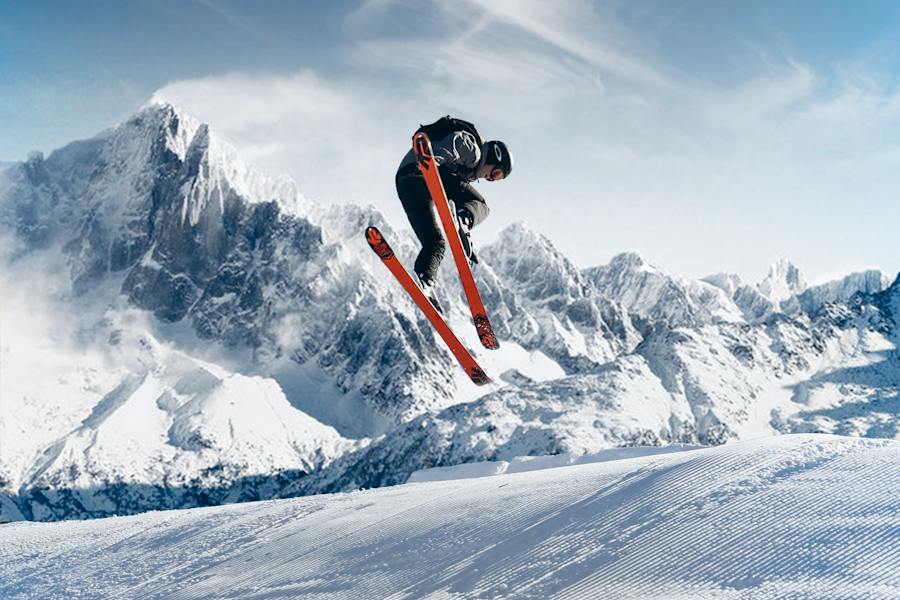Winter sports enthusiasts often flock to ski resorts in search of thrilling experiences on the slopes. However, it’s important to acknowledge that skiing and snowboarding come with a variety of risks and potential health hazards. Understanding the obligations that both guests and resort operators have in ensuring safety is crucial to safeguarding their lives and well-being. In this guest post, we will delve into the aspects surrounding accidents during skiing and snowboarding at resorts.
The Responsibility To Ensure Safety:
It is the duty of resorts to maintain an environment that is safe for their guests. They are legally obligated to take measures to minimize chances of or warn against any hazards within their control. This responsibility applies not only to the slopes but also to ski lifts, equipment rentals, dining establishments, and all other areas under the resort’s jurisdiction. Before you start looking online for “a personal injury lawyer near me,” read on.
Clear Warnings And Information:
To fulfill their duty of care, ski resorts must display warning signs throughout the locations within their premises. These signs serve as alerts for dangers that skiers and snowboarders may encounter on their adventures. Additionally, resorts should also provide information about trail conditions and other relevant safety precautions through trail maps or online platforms.
Trail Maps For Safe Navigation:
Trail maps play a crucial role in guiding skiers and snowboarders around the resort. Resorts must create trail maps that clearly display the difficulty levels for each slope based on recognized standards, such as internationally accepted color codes. It is crucial to maintain groomed trails and provide signage to prevent unnecessary accidents.
Claims Of Negligence:
In the event of an accident caused by a resort’s failure to uphold safety standards or adequately warn about known risks, injured parties can pursue negligence claims against the management. To establish negligence, they must demonstrate that the defendant breached their duty of care by not minimizing risks or providing warnings.
Assuming Risk:
It’s important to acknowledge that engaging in skiing or snowboarding inherently carries a risk of injury. Guests who choose to participate in these activities voluntarily accept risks. Resorts can invoke an “assumption of risk” defense when faced with negligence claims. However, this defense may not apply if the resort was aware or should have been aware of hazards but failed to address them.
Equipment Maintenance:
Resorts bear responsibility for ensuring that rental equipment is adequately maintained and in working condition. Implementing inspection and maintenance programs is necessary to identify any defects or malfunctioning equipment. Malfunctioning equipment can result in accidents, so it’s crucial for resorts to prioritize their duty of care when dealing with renters.
Injuries Caused By Ski Lift Incidents:
Ski lifts play a role in transporting skiers and snowboarders up the mountainside. Resorts have a responsibility to regularly inspect, maintain, and repair ski lift machinery. Failing to fulfill these obligations can lead to accidents with severe consequences, including injuries or even fatalities.
Liability Waivers:
When guests participate in skiing or snowboarding activities at resorts, they often sign liability waivers that acknowledge the risks involved and release the resort from legal liabilities. However, it’s important to understand that these waivers have limitations and cannot completely absolve resorts from their duty of care responsibilities. If the resort’s negligence significantly contributes to an injury despite a signed waiver, legal action may still be pursued.
Conclusion:
In summary, ski resorts are legally obligated to maintain premises, provide warnings and information, and ensure well-maintained trails and equipment. Guests should always be aware of the risks associated with skiing and snowboarding and exercise caution while enjoying these activities. While liability waivers may limit the resort’s liability, they do not fully exempt them from their duty of care obligations.
If accidents happen because a ski resort is negligent, guests who get injured have the option to take action. When both guests and operators understand the obligations of ski resorts, they can collaborate to make the slopes safer for everyone involved.

